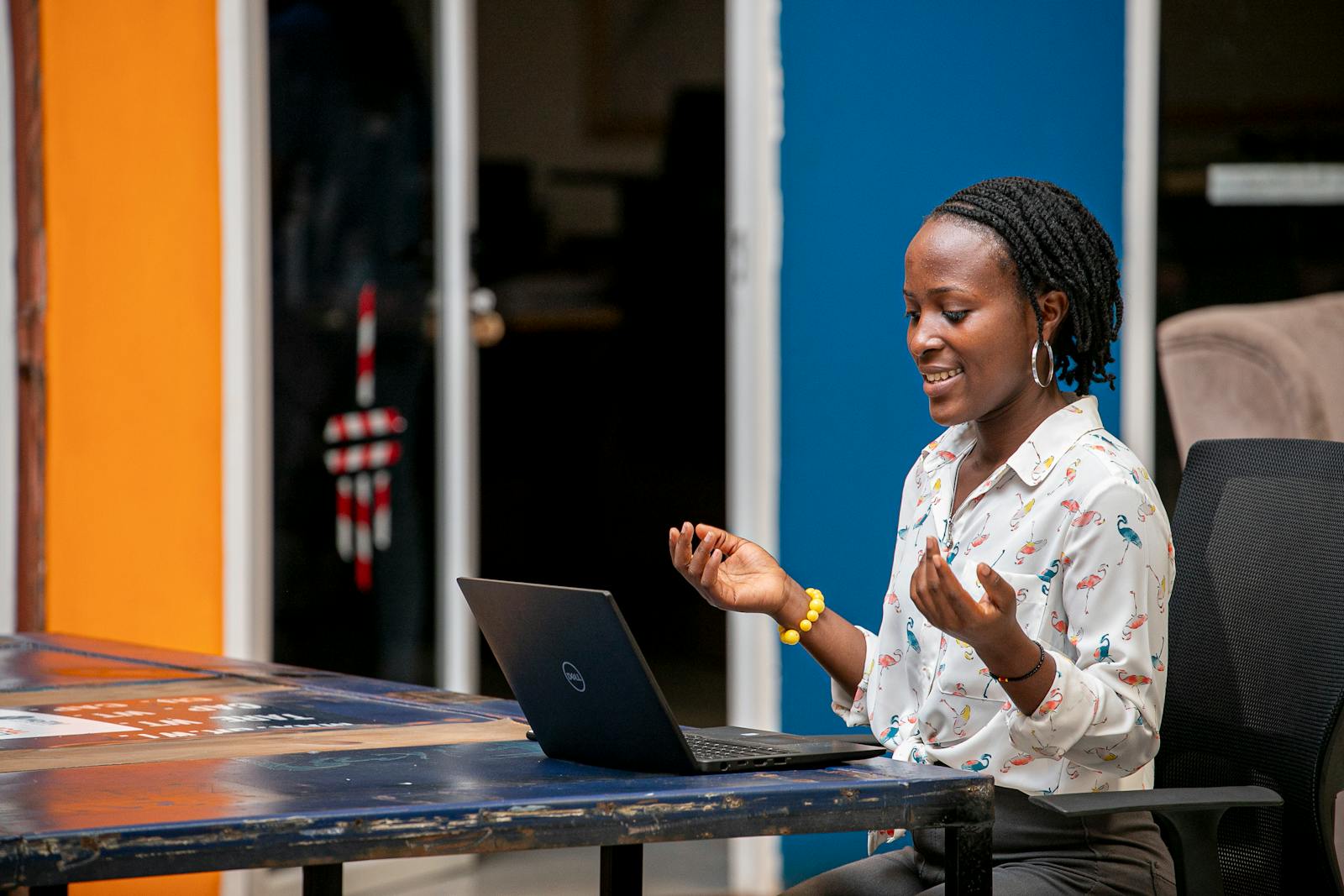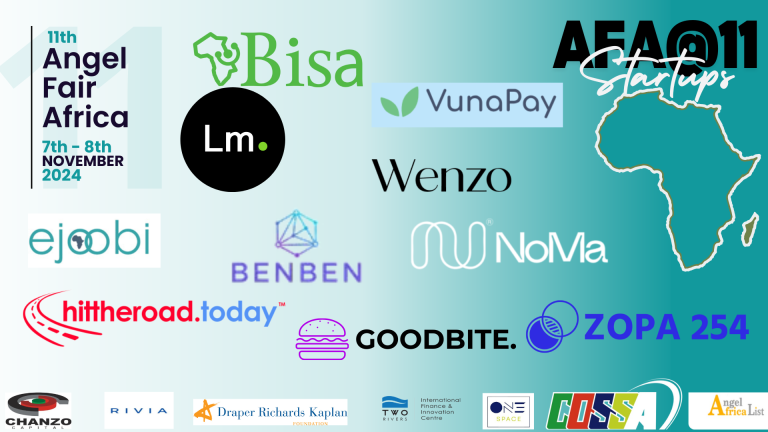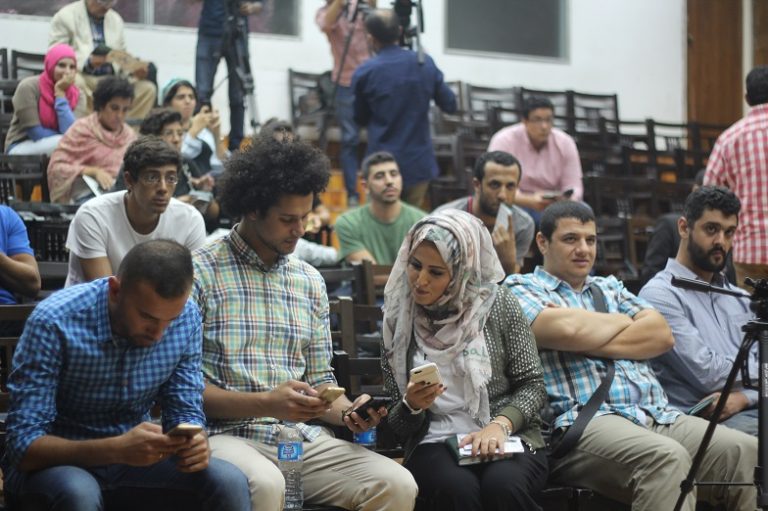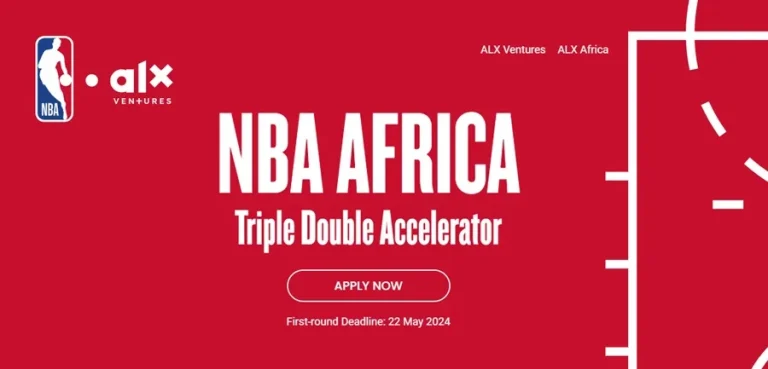The 10 ten funding rounds for tech startups in Africa in 2024

Similar to 2023, 2024 has been a difficult year for funding digital startups in Africa as the industry continues to be impacted by the worldwide capital crisis.
However, we are hopeful that 2025 will be a better year because capital is beginning to flow back into the ecosystem. Here, we examine the ten most significant rounds in 2024.
MNT Halan (US$157.5m)
MNT-Halan, a fintech business based in Egypt, raised $157.5 million in July to finance its impending regional growth.
MNT-Halan was established in 2018 with the goal of using electronic technologies to replace cash and digitally banking the unbanked. E-commerce, payments, consumer finance, and lending to small and micro businesses are all part of the MNT-Halan digital ecosystem.
After raising US$157.5 million in cash, of which US$40 million came from the International Finance Corporation (IFC), it is now prepared to expand internationally. Additional investors included funds run by Apis Partners LLP, Lunate, and GB Corp., as well as Development Partners International and Lorax Capital Partners.
Moniepoint (US$110m)
Nigerian fintech startup Moniepoint became Africa’s newest unicorn in October after raising US$110 million in Series C equity capital to expand around the continent.
Tosin Eniolorunda and Felix Ike founded Moniepoint, formerly known as TeamApt, in 2015. It is a comprehensive financial ecosystem that provides 10 million individuals and organizations with easy access to banking, credit, payments, and company management tools.
It powers the majority of point-of-sale (POS) transactions in Nigeria and is the biggest merchant acquirer in the nation. operates profitably while processing US$17 billion for its clients each month through its subsidiaries.
Development Partners International’s African Development Partners (ADP) III fund, a prestigious fund with an emphasis on Africa, led the company’s US$110 million Series C investment. Verod Capital, a well-known African private equity firm, and Google’s Africa Investment Fund are two more new investors. Existing investor Lightrock, a global impact firm, also took part.
Moove (US$100m)
As it plans to enter new countries, Moove, an African mobility fintech that provides car financing to drivers of delivery and ride-hailing apps, raised US$100 million in a capital round in March. Uber and Mubadala, a sovereign wealth fund, lead the round.
NALA (USD$40 )
NALA, a fintech startup based in Tanzania, raised $40 million in July to support its global expansion and introduce its own payment rails for Africa and beyond.
NALA is an African money transfer app and payments company that allows users to send money in real time to Tanzania, Kenya, Rwanda, Uganda, and Ghana from Europe, the US, and the UK. In order to further its goal of bringing Africans together internationally, it started in the European Union (EU) last year, adding 19 new nations to its list of send countries.
After raising US$40 million in Series A funding, led by Acrew Capital and including DST Global Partners, Amplo, Norrsken22, and HOF Capital, as well as angel investors Ryan King and Vlad Tenev, the company plans to continue growing and expanding internationally.
With the increased capital, NALA’s consumer business will be able to grow outside of Africa and provide services for the global diaspora of migrants. Additionally, it contributed to the development of Rafiki, its new B2B payments platform, which aims to set up the payment infrastructure for the next billion customers.
Yellow Card (US$33 million)
Yellow Card, a pan-African fintech startup, raised US$33 million in Series C funding in October to support strategic initiatives and global expansion, bringing its total equity funding to US$85 million.
Yellow Card is now the biggest and first approved stablecoin on/off ramp in Africa, having launched in Nigeria in 2019. It operates in 20 African nations and has enabled transactions totaling more than US$3 billion throughout the continent.
In September 2022 it announced the close of its US$40 million Series B funding round, and it has now followed that up with a US$33 million Series C round, led by Blockchain Capital, with participation from Polychain Capital, Third Prime Ventures, Castle Island Ventures, Block, Inc., Galaxy Ventures, Blockchain Coinvestors, Hutt Capital, and Winklevoss Capital.
The capital will be used to fund growth and expansion, particularly the enhancement of Yellow Card’s API and widget products, which serve as gateways for international businesses such as Coinbase and Block to enter African markets and for Pan-African companies to easily make international payments and manage their treasury using stablecoins.
Sun Culture (US$27.5 million)
SunCulture, a Kenya-based provider of solar-powered irrigation systems and agricultural technologies to smallholder farmers, raised a Series B fundraising round of $27.5 million in April to drive its expansion and develop new products.
SunCulture uses climate technology, financing, and a digital marketplace to assist smallholder farmers in increasing their food production. The company controls more than half of the market for smallholder farmer solar irrigation systems in Sub-Saharan Africa, and its solar-powered water pumps and irrigation systems have transformed smallholder farmers’ lives by providing access to water, lowering labor costs, and increasing crop yields.
The $27.5 million Series B funding round attracted a diverse group of international investors, including Reed Hastings, InfraCo Africa Limited, Acumen Fund, The Schmidt Family Foundation, and others, as well as follow-on investments from EDF Group, Equator, and the Acumen Resilience Agriculture Fund (ARAF).
The investment will help SunCulture continue to grow by expanding its product line, entering new markets, and further developing its technological platform, which is meant to boost smallholder farmer productivity and resilience to climate change.
Roam (US$ 24 million)
In February, Kenyan electric mobility startup Roam, formerly Opibus, raised $24 million in debt and equity capital to assist accelerate its expansion across Africa.
Roam is the main provider of locally designed and made electric vehicles, having been founded in 2017 and rebranded early this year. Its mission is to develop durable and cost-effective products for the African mass market.
After raising US$7.5 million in equity and grant funding in 2021, the company has now secured an additional US$24 million to expand its production of locally designed and manufactured electric motorcycles and buses, fueling its mission to revolutionize African transportation with innovative products specifically designed for consumers across the continent.
Equator Africa led the US$14 million Series A equity capital round, which was joined by At One Ventures, TES Ventures, Renew Capital, The World We Want, and One Small Planet, among other important private and institutional investors. Roam has also acquired a US$10 million debt commitment from the US government’s Development Finance Corporation (DFC).
Paymob (USD 22 million)
Paymob, an Egyptian fintech firm, increased its Series B round to US$72 million in September, with US$22 million in new funding, allowing it to pursue its expansion strategy both domestically and throughout the MENA region.
Paymob, founded in 2015 by Islam Shawky, Alain El Hajj, and Mostafa Menessy, is an infrastructure technology enabler that provides payment solutions to digital financial service providers using mobile wallet technology.
Its omnichannel gateway provides over 50 payment methods and allows nearly 350,000 retailers to access innovative financial services. It has spread into the United Arab Emirates (UAE), Saudi Arabia, and Oman.
According to Disrupt Africa, Paymob obtained a US$50 million Series B fundraising round in May 2022, which has now been extended with an extra US$22 million. EBRD Venture Capital led the extension round, which also included Endeavor Catalyst. Existing investors PayPal Ventures, BII, FMO, A15, Nclude, and Helios Digital Ventures also took part in the round.
Pula (US$ 20 million)
Pula, a Kenyan agricultural insurance and technology firm, raised $20 million in Series B funding in April to assist thousands of smallholder farmers in emerging markets in obtaining insurance against floods, droughts, and other climate-related calamities.
Pula, founded in 2015 by Rose Goslinga and Thomas Njeru, creates and delivers new agricultural insurance and digital products to help smallholder farmers weather climate risks, improve their farming techniques, and increase their incomes over time.
Pula makes insurance more affordable and accessible than ever by pairing it with other critical products such as seeds and finance. The firm raised a US$6 million Series A financing in 2021 and has now secured a US$20 million Series B round, allowing Pula to increase its operations and greatly expand its reach over the following five years.
One Order (US$16 Million)
In May, Egyptian startup OneOrder, a tech-enabled supplier and wholesale distributor for the food and beverage industry, raised US$16 million in Series A equity and loan funding.
Founded by CEO Tamer Amer and CTO Karim Maurice, OneOrder provides the food and beverage industry with a dependable, timely supply of quality goods with embedded financing, at a consistent price, and without the stress of managing multiple suppliers on a daily basis, all through a single user-friendly application.
Since its start in February 2022, following the successful completion of a US$1 million fundraising campaign, OneOrder has amassed a client base of over 1,300, who use its web-based platform and mobile application for online purchase and delivery of more than 700 stock-keeping units (SKUs).
It received a US$3 million seed investment in December 2022 and has now raised a US$16 million Series A round led by prior investor Delivery Hero Ventures, with participation from Norrsken22, Nclude, and A15. Later this year, the company plans to use the funds to expand into the Gulf Cooperation Council (GCC), which encompasses Bahrain, Kuwait, Oman, Qatar, Saudi Arabia, and the UAE.







